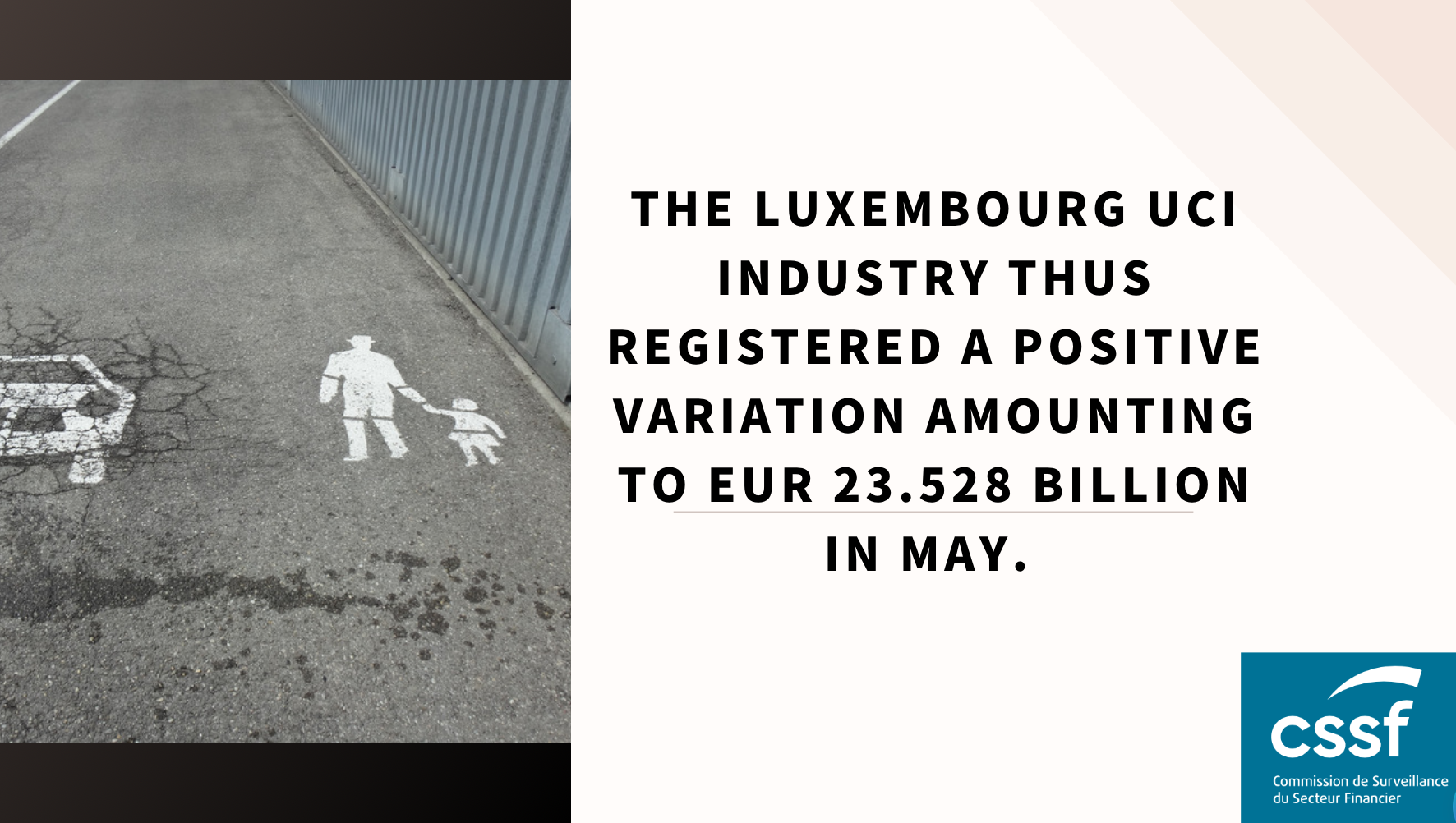Luxembourg: Works funds to become mandatory as of 1 August 2023
In brief
The law of 30 June 2022 (“Law”) amending the amended law of 16 May 1975 on the status of the co-ownership of constructed buildings for the purposes of introducing a works fund entered into force on 1 October 2022.
The Law introduced a mandatory obligation, which will become effective on 1 August 2023, requiring co-owners to create a works fund to anticipate the renovation works of buildings (existing and new buildings).
The renovation works that fall within the scope of the Law include the following types of works:
- Energy renovation works, improving the thermal envelope of the building
- Building infrastructure work in preparation for the fitting of technical ducts in the common areas of the building, and/or installation of energy production and storage facilities that use renewable energy sources in the common areas of the building.
Co-owners must make a mandatory annual contribution to the works fund in order to build the necessary financial reserves to cover the costs of the renovation works.
The renovation works will be decided by a majority vote of all the co-owners at the general meeting whereby the amount of the annual contribution will be decided by a simple-majority ruling of the general meeting of co-owners (i.e., the majority of members present or represented at the general meeting).
The contribution cannot be lower than the minimum fixed amount per square meter (m2) set by the Law based on the energy classes of the buildings, prorated to the units held in the co-ownership by the co-owners:
Classes A+, A, B and C: The minimum contribution is set at EUR 3,00/m2.
Classes D and E: The minimum contribution is set at EUR 5,00/m2.
Classes F, G, H and I or if the energy performance certificate is either invalid or nonexistent: The minimum contribution is set at EUR 6,00/m2.
The assets of the works fund are not part of the invested capital. Only the amounts actually invested in works eligible for this purpose will be part of the invested capital.
The contribution is, in principle, savings in the name of the co-ownership. Only the general meeting can decide if and for what purpose this money will be used. A co-owner cannot be refunded their contribution to the works fund upon the sale of the units they held in the co-ownership.
For further information on what these developments mean for you or your organization, please get in touch with your usual Baker McKenzie contact.






















































First, please LoginComment After ~